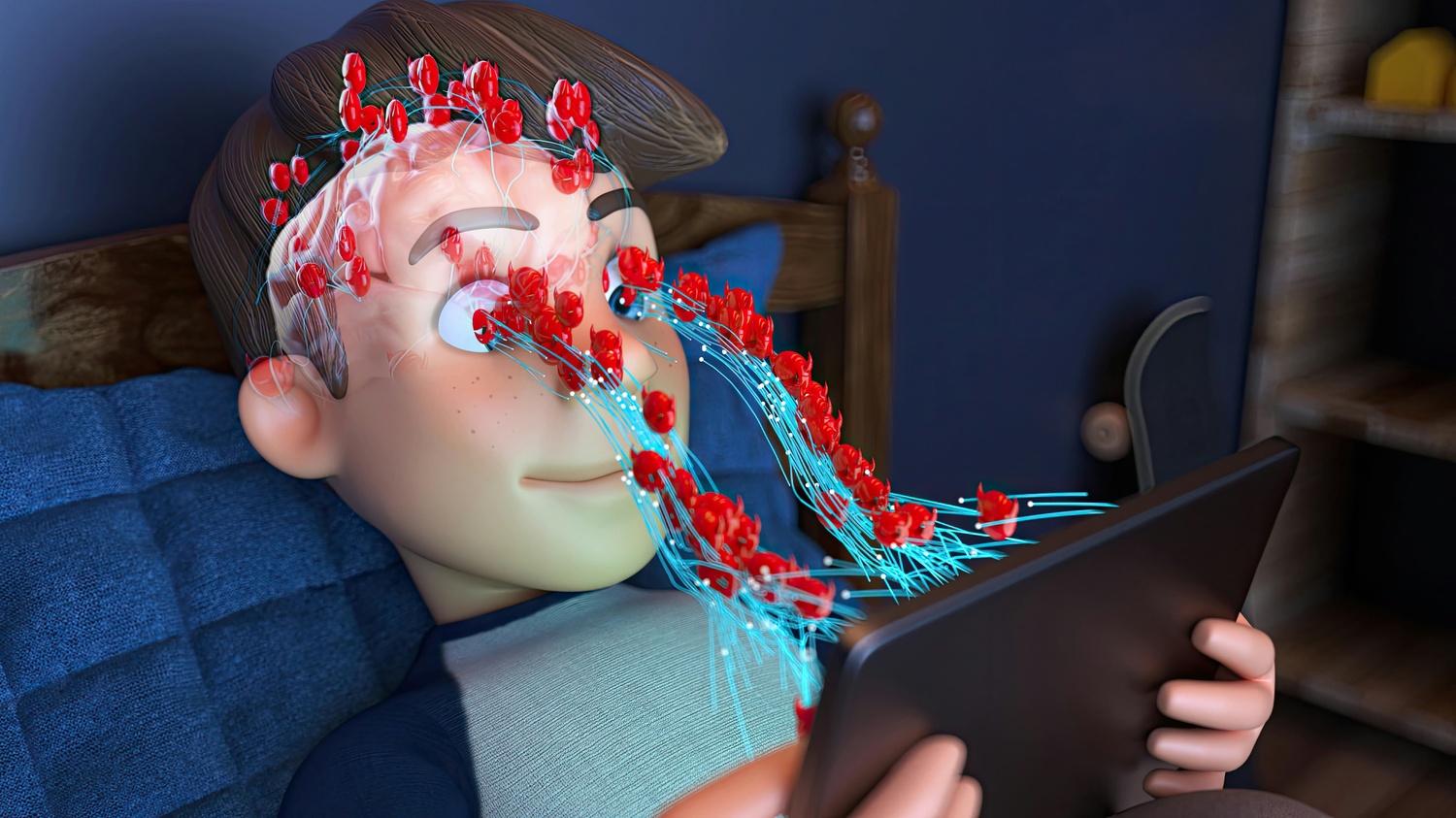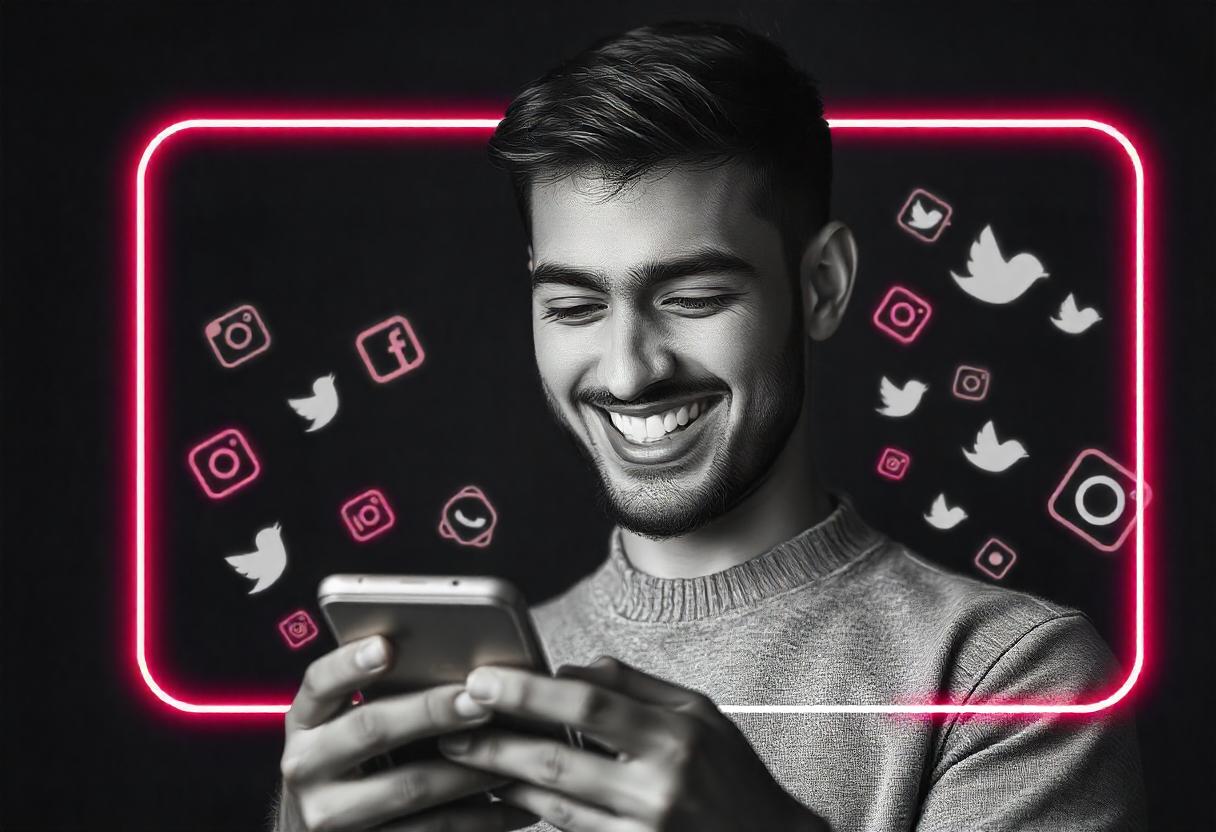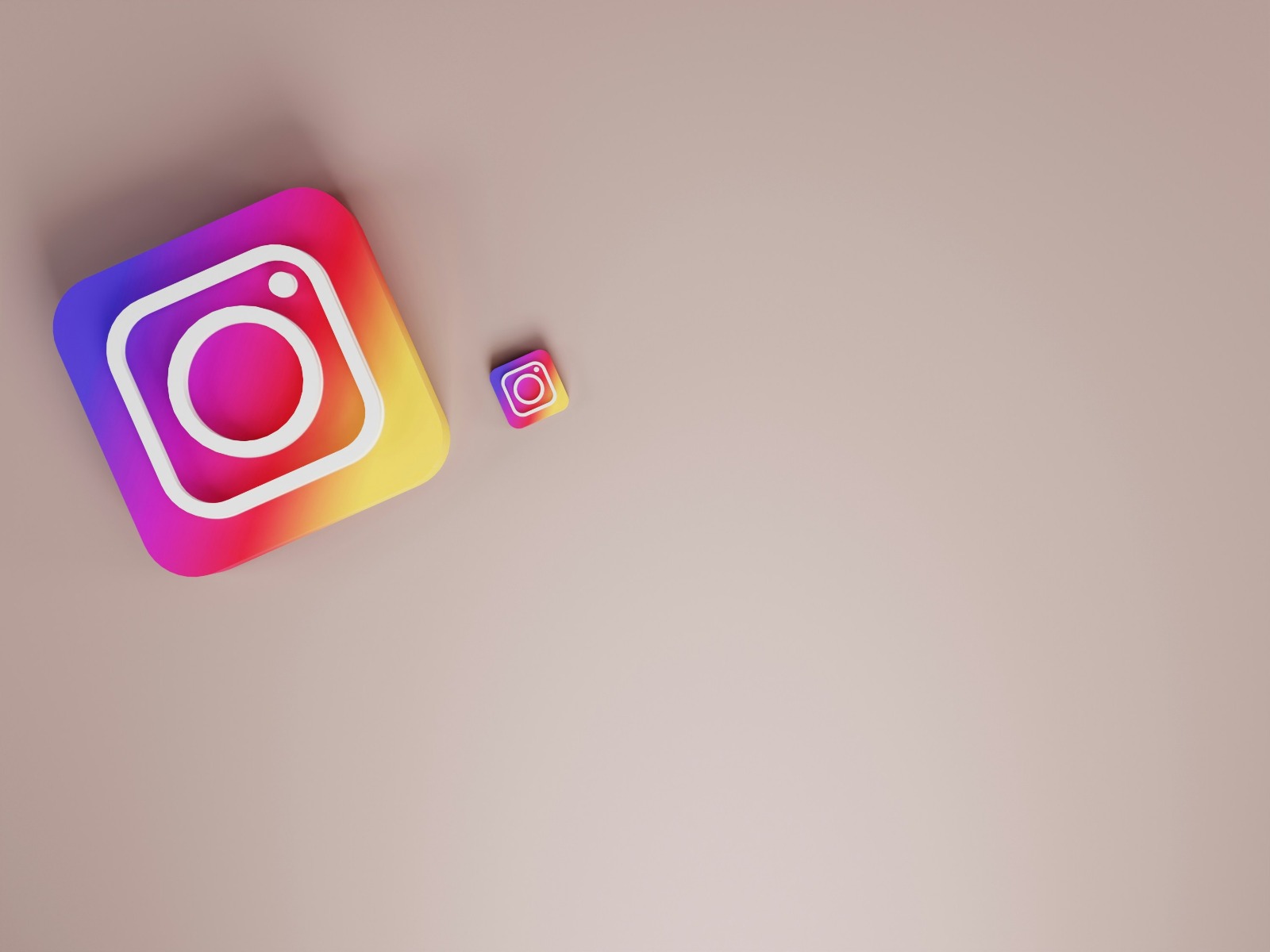
Have you ever found yourself endlessly scrolling through social media, suddenly feeling a shift in your mood to sadness, anxiety, or even anger? Many people assume it’s just a natural mood swing, but there’s something much deeper at play—AI algorithms. These algorithms, designed to keep you hooked, subtly influence your emotions and mental well-being in ways you may not even realize. The longer we stay online, the more these algorithms learn our behaviors, preferences, and emotional triggers, leading us into an endless loop of content that can have a profound impact on our mental health.
The AI Algorithm and Its Influence
Platforms like YouTube, Instagram, X, and TikTok are driven by powerful AI algorithms that rely on user data and engagement to suggest content. According to YouTube, 70% of the content recommended to users is generated by AI, and TikTok’s algorithm is even more intense, with a staggering 95% of content being AI-driven. While these algorithms are designed to keep users engaged, they often inadvertently fuel negative emotional experiences.
When you watch a certain type of content, especially something stressful or triggering, the algorithm takes note of it. As a result, your feed becomes flooded with similar content, which can amplify feelings of anxiety, stress, or anger. This cycle of emotional content, tailored to keep you engaged, can quickly lead to mental exhaustion and emotional instability.
The Comparison Trap
AI also plays into our natural tendency to compare ourselves to others. On social media, users tend to post their happiest moments, their most exciting achievements, and their best pictures. But what we often forget is that these posts only show a curated version of someone's life—not the full picture. The AI algorithms prioritize posts that garner the most likes, comments, and engagement, creating an illusion of perfect lives, success, and happiness.
This constant exposure to others' seemingly flawless lives can spark feelings of insecurity, anxiety, and low self-esteem. You may start to feel like you’re not doing enough, or that your life is not as interesting or successful as what you see on your feed. The more you scroll, the more you get sucked into the comparison trap, which takes a toll on your emotional health.
Dopamine: The Social Media Addiction
Another way AI algorithms affect our mental health is through the manipulation of dopamine, the brain’s “feel-good” hormone. Every time you get a like, comment, or notification on your social media posts, your brain releases dopamine, which creates a sense of pleasure and satisfaction. This response is designed to keep you coming back for more.
The more likes and attention you receive, the more you crave. Over time, this becomes an addictive cycle, where the desire for external validation drives your social media usage. This craving for likes, comments, and constant interaction can lead to a dependency on social media, affecting your mood and emotional stability. You start to base your worth on the engagement you receive, which can lead to feelings of anxiety when the attention fades or isn’t as high as expected.
The Impact on Mental Health
The combination of endless scrolling, constant comparison, and the dopamine-driven addiction to likes and comments can have serious consequences for mental health. It can lead to:
-
Anxiety: Constant exposure to stressful, negative, or emotionally charged content can amplify anxiety and worry.
-
Mood Swings: One minute you’re happy, and the next, you’re feeling sad or upset. This emotional rollercoaster can be draining.
-
Loneliness: Despite being connected to thousands of people, social media can often leave you feeling isolated and disconnected from real, meaningful relationships.
-
Low Self-Esteem: Comparing your life to the idealized lives of others can lead to feelings of inadequacy and insecurity, affecting your confidence and self-worth.
Breaking the Cycle
The first step in breaking free from the emotional loop created by social media is awareness. Once you understand how AI algorithms work and how they influence your emotions, you can take back control over your digital experiences.
Here are some strategies to help improve your relationship with social media and protect your mental health:
-
Limit Screen Time: Set daily time limits for social media usage. This can help reduce the amount of time spent mindlessly scrolling.
-
Take Breaks: Spend time away from social media and engage in offline activities. Take breaks to clear your mind and reconnect with the real world.
-
Turn Off Notifications: Constant notifications can create stress and increase the urge to check your phone. By turning them off, you can reduce distractions and focus on more important things.
-
Curate Your Feed: Follow accounts that inspire you positively, share educational content, or promote mental well-being. Avoid accounts that make you feel negative or insecure.
-
Avoid Negative Content: Skip over content that triggers anxiety or stress, and don't get caught in controversial or emotionally draining discussions.
-
Engage in Real-Life Relationships: Spend quality time with loved ones and engage in face-to-face conversations. Real interactions are key to building meaningful connections and reducing loneliness.
Conclusion
Social media platforms and AI algorithms are designed to keep us engaged, but they also have a significant impact on our mental health. By understanding how these algorithms work and the emotional patterns they create, we can take control of our digital habits. Reducing screen time, curating your feed, and focusing on real-life connections can help break the cycle and improve your emotional well-being. It’s important to recognize that while social media can offer entertainment and connection, it should never come at the cost of our mental health.
Asif Bc
Aspiring blogger in Kerala sharing insights on technology and mental health to inspire mindful living.



.jpg)
0 Comments